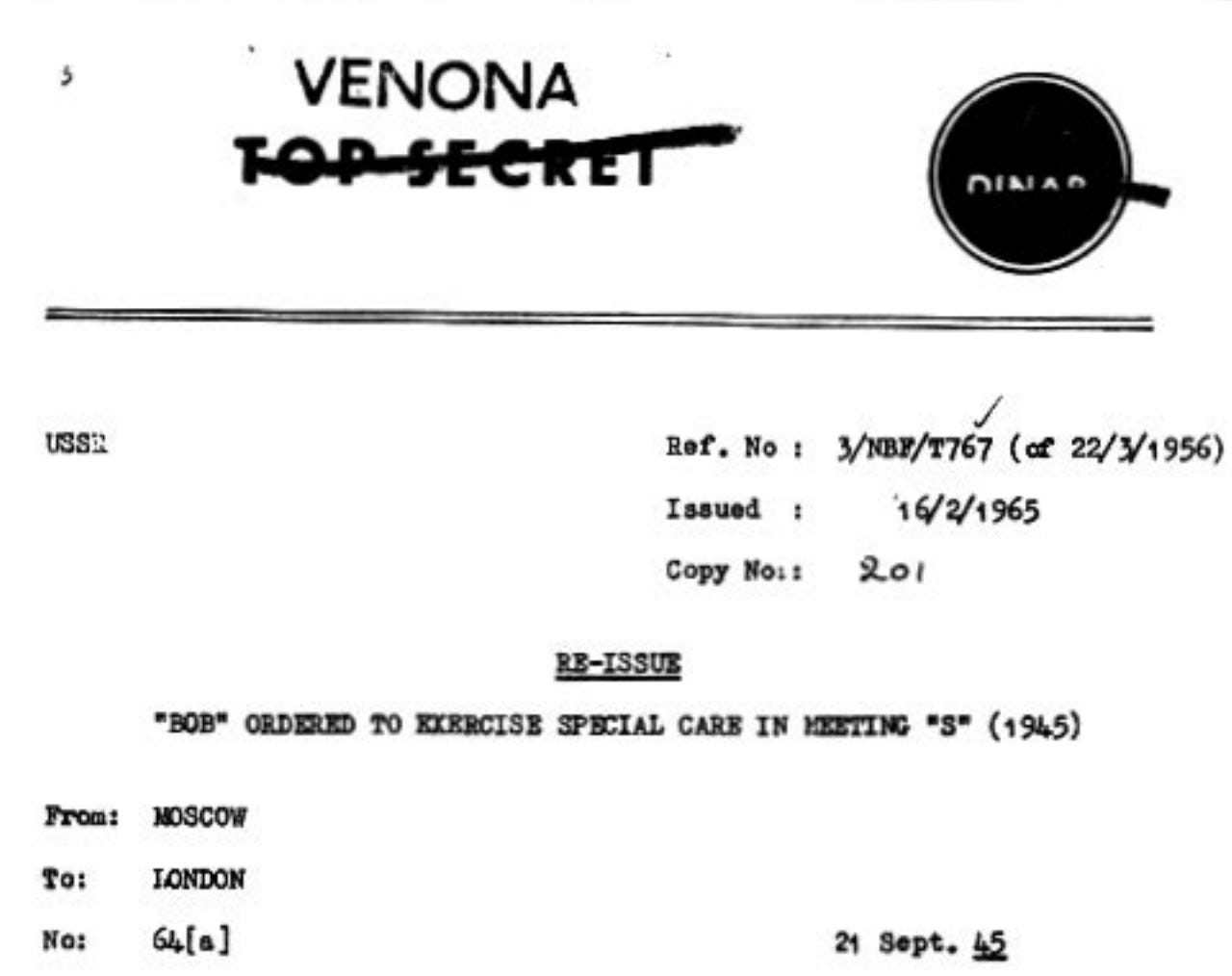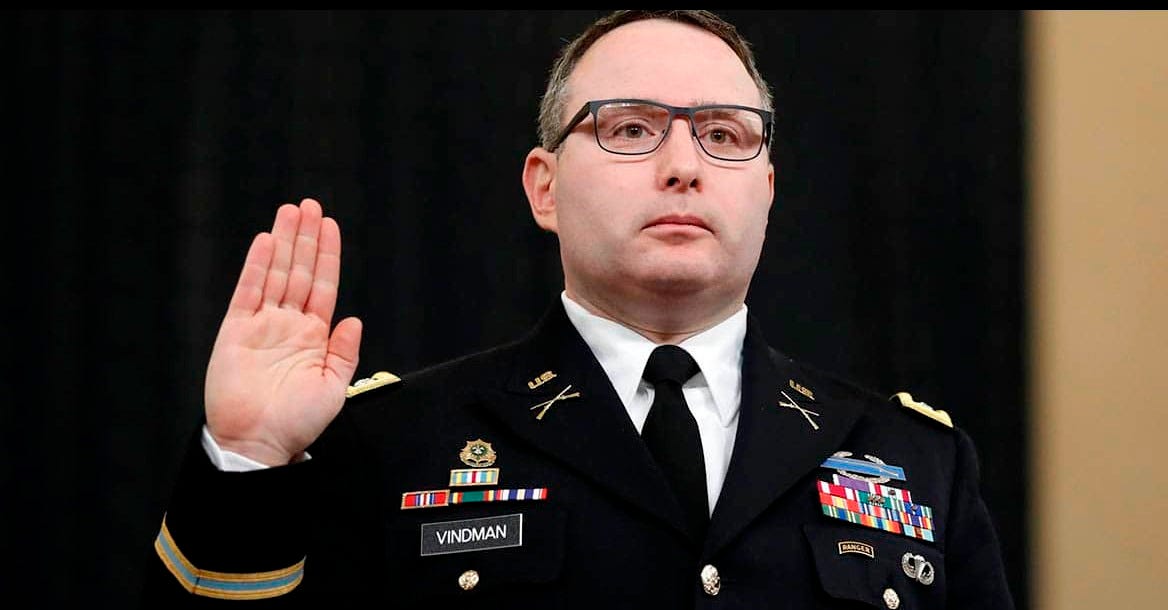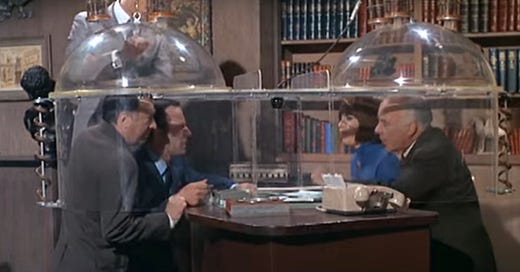Trump National Security Team Guilty of Cohesion and Loyalty
War Planning via Signal not the best move but revealed a cohesive team putting America First
Washington is officially shocked that President Donald Trump’s national security team coordinated military and communications plans related to bombing Yemen using the Signal communications app.
Jeffrey Goldberg, editor in chief of the leftwing Atlantic, reported that National Security Advisor Mike Waltz connected with him on March 11. Two days later, Waltz or someone with access to his account inexplicably added Goldberg to a chat group and said his deputy was creating a “tiger team” of senior government officials “for coordination on the Houthis”—the Iranian backed group menacing the Red Sea approach to the Suez Canal that the United States was soon to attack.
The anti-Trump reporter inexplicably had a front-row seat to view short messages shared between Waltz, Vice President JD Vance, Secretary of Defense Pete Hegseth, CIA Director John Ratcliffe, White House aide Stephen Miller, and other senior national security-related officials as they discussed whether to bomb Yemen, how to keep the plan secret before execution to protect Americans, and how to explain the action to the public.
The big potential booboo—according to Goldberg’s information which he has not shared publicly—apparently happened at 11:44 am on March 15, when Hegseth sent a “TEAM UPDATE” that allegedly contained specific targeting and other operational information. The attack began about two hours later. Goldberg, who was good enough not to alert our enemies of impending attack, then monitored the group celebrating the attack’s effectiveness and lack of U.S. casualties.
“Heads must roll!” cried a Beltway national security establishment that in recent decades has excelled at losing wars, fielding an antiquated and hella expensive military, and not defending the border. Leon Panetta, a Democrat former Pentagon and CIA boss (and purveyor of the Russia hoax), said: “Somebody needs to get fired.” Even some Republicans were critical, with Texas Senator John Cornyn remarking it was a “huge screw up.”
Normal Americans who read the exchanges should draw different conclusions. Here are some of mine:
The group was trying diligently to carry out the president’s decision as commander in chief and his broader America First foreign policy. This was a far cry from Trump I when the Pentagon was never really part of the administration and other agencies of national security tried to ignore or undermine Trump.
For example, Vance initially expressed the view that “…I think we are making a mistake.” He added: “I am not sure the president is aware how inconsistent this is with his message on Europe right now. There’s a further risk that we see a moderate to severe spike in oil prices. I am willing to support the consensus of the team and keep these concerns to myself. But there is a strong argument for delaying this a month, doing the messaging work on why this matters, seeing where the economy is, etc.” This reflects the well-reasoned and wise caution that a member of the de facto war cabinet ought to offer before engaging in warfare. In fact, asking tough questions is one of the most useful actions any vice president, who technically lacks official power, can do in aiding a president.
Hegseth pushed back, notionally putting the ball in Vance’s court: “I understand your concerns – and fully support you raising [it with the president]. Important considerations, most of which are tough to know how they play out (economy, Ukraine peace, Gaza, etc). I think messaging is going to be tough no matter what – nobody knows who the Houthis are – which is why we would need to stay focused on: 1) Biden failed & 2) Iran funded.” This is the precise retort one would expect from a secretary of defense, whose primary concern ought to be military threats to the United States and its allies—in this case the Iranian-backed Houthis. It also reflects effective and accurate communications planning.
After further discussion among the senior leaders, Vance, a Marine veteran, told Hegseth: “If you think we should do it let’s go. I just hate bailing out Europe again.” Two important points: Vance is willing to be reasonable and listen to others, and he remains true to the America First message he delivered in Germany last month that Europe’s mooching off of the United States and Europe’s pretensions about sharing our values don’t cut it in Washington anymore. The group discussed in brief how to charge Europe and Egypt (operator of the Suez Canal) for the operation that would benefit them more than the United States.

The Venona Files: Soviet communications decrypted when someone in the NKVD used a one-time pad more than once. A case study in how “perfect” encryption is not always perfect. Meanwhile, how great is Signal? A former CIA Director once told me he preferred communicating by the app, which seemed like a pretty good vote of confidence. It not only has end-to-end encryption, but also zero-knowledge encryption, which means even those who operate the network can’t decrypt the traffic. Even if China’s MSS, Russia’s FSB, or the crooked FBI steal the communication or obtain it through legal process, it will theoretically (and in practice as far as we know) just look like gibberish.
What would cause Trump national security principals to turn to Signal? The answer is obvious if you consider Trump’s first term. Top officials of course have methods of communicating classified information that, unlike Signal, are approved by various government authorities. But these are cumbersome and often visible to far more officials than those a president or his top aides would like in the conversion.
Consider the Fat Colonel, Alexander Vindman, the Ukrainian-born Pentagon detailee to Trump’s National Security Council staff in his first term. He was able to obtain a transcript of Trump’s conversation with Ukrainian President Volodymyr Zelensky, falsely tell people Trump committed a crime, and later made himself a star in Trump’s first phony impeachment. The reality is, too much of the Deep State has too much visibility on the private, deliberative communications of the president and his chosen aides—and the Deep State invariably leaks to allies in the media and on Capitol Hill, at times putting U.S. lives at risk for political gain.

Overall, Trump has clearly assembled a cohesive and balanced national security team that is putting America First and looking out for the president and his expressed wishes. It is a night-and-day difference from Trump I, and the only greater beneficiary than Trump will be the public enjoying a safer nation and world.
That said, this is still Washington and there will have to some accountability for what happened. After all, sensitive communications made their way to an anti-Trump reporter and foreign enemies could have (but didn’t) access operational military information—some of the tiny portion of information that actually should be classified in contrast to the ocean of dribble that the national security establishment produces and classifies for dubious reasons.
The low-ratings political tabloid CNN quoted an unnamed source with a good point about fairness as well:
But if lower-level government officials made a similar mistake, there’s little doubt there would be consequences, including possible loss of their security clearances, current and former officials say. Pentagon regulations specifically state that messaging apps, including Signal, “are NOT authorized to access, transmit, process non-public DoD information.” “If anyone else did it, no question it would be investigated,” a former Justice [Department] official said.
Waltz is probably the most vulnerable since he seems—at least based on early information—to have created the chat group and included the reporter Goldberg. He also didn’t alert Trump that the problem was going public, since Trump learned of it from a reporter asking a question at a public event. If Goldberg is telling the truth about Hegseth transmitting war plans before the attack, investigators and Congress will undoubtedly determine whether that information was classified and how it made its way onto a phone with Signal (which classified-capable phones do not have).
But Trump might actually take a page from Biden and decline to start down the road of firing people. Biden fired no one after a humiliating loss in Afghanistan and a dismal economy that cost Democrats the White House and Congress. This episode pales in comparison to those matters. Ultimately, it showed a loyal and effective national security team eager to put America first and execute the wishes of the elected commander in chief.







It's an SNL skit, but other than Waltz taking a trip to the woodshed, will blow over.
- Was a gift to Atlantic
the only thing to criticize, that I can see, is the accident of including a journalist in the chat. Very significant accident.
Yes, the accountability works differently at the top. He will be held accountable via loss of reputation, miss out on future opportunities, being left out of the loop on things, and potentially discarded when things quiet down.